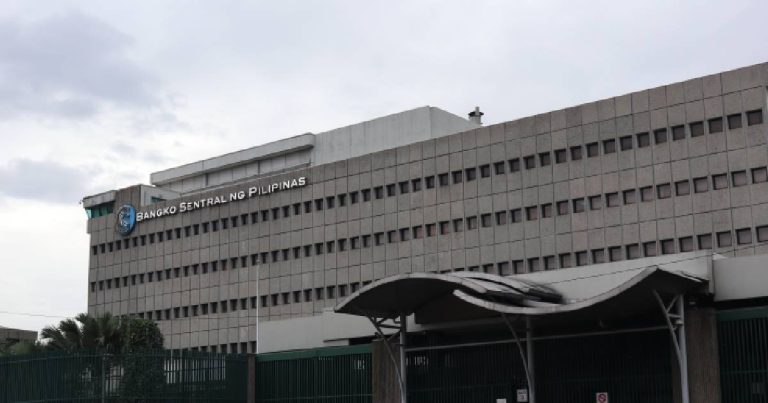17-8-2023 (MANILA) The Bangko Sentral ng Pilipinas (BSP), the central bank of the Philippines, has decided to maintain its benchmark interest rate at 6.25 per cent for the third consecutive meeting. The bank’s decision reflects its commitment to strike a balance between supporting economic growth and controlling inflation. Although there are upward risks to inflation, BSP Governor Eli Remolona acknowledged the challenging outlook for the country’s economic expansion.
The BSP’s decision comes after recent data revealed that the Philippine economy recorded its slowest annual growth rate in nearly 12 years during the second quarter. The slump was primarily attributed to a contraction in government spending and weakened domestic demand. In a poll conducted by Reuters from August 7 to 14, 19 out of 20 economists predicted that the central bank would maintain its overnight borrowing rate, while one economist anticipated a 25 basis point rate hike.
Following the central bank’s announcement, the Philippine peso depreciated by 0.2 per cent against the US dollar, reaching its weakest level since November. Concerns over China’s economic growth and potential rate hikes by the US Federal Reserve contributed to the peso’s decline.
BSP Deputy Governor Francisco Dakila stated that while the central bank allows the market to determine the exchange rate, it retains the option to intervene when necessary. The central bank expects inflation to average 5.6 per cent for this year and 3.3 per cent for the next, higher than its previous projections of 5.4 per cent and 2.9 per cent, respectively. These adjustments are attributed to the impact of elevated global oil prices.
During his first policy meeting as governor, Remolona affirmed that the central bank stands ready to tighten its monetary policy as needed. He emphasized that the current interest rates are still at a level that does not hinder economic growth. Although inflation has cooled for six consecutive months as of July, it remains outside the central bank’s target range of 2 per cent to 4 per cent. ING economist Nicholas Mapa noted that he expects the BSP to maintain interest rates for the remainder of the year, but a rate hike could be considered if the US Federal Reserve decides to raise its policy rates before the end of 2023.
The BSP’s decision to keep rates steady reflects its cautious approach in maintaining economic stability amid the challenges posed by the ongoing pandemic and global economic uncertainties.




